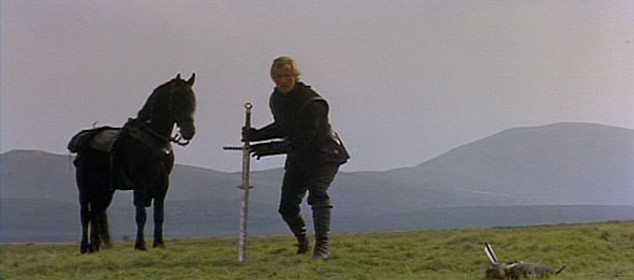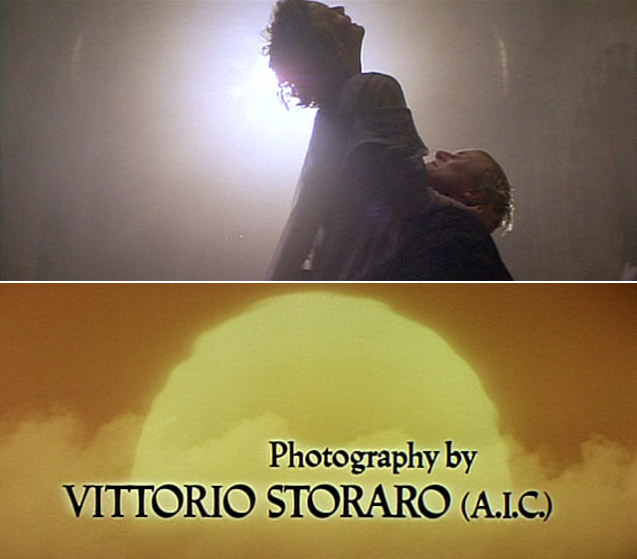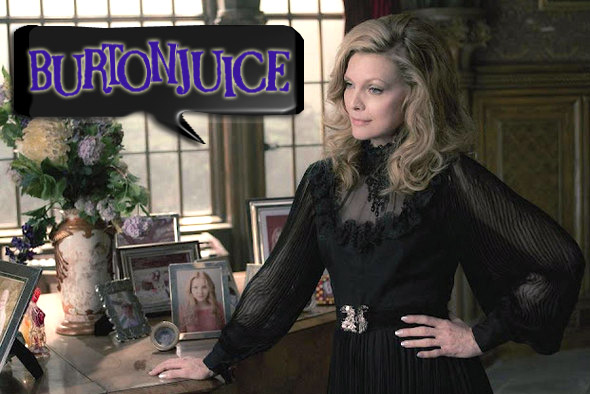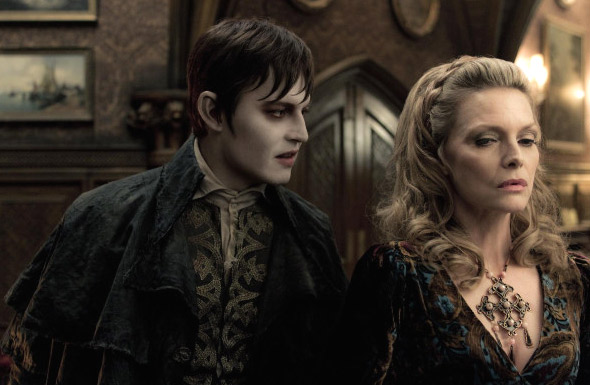Hit Me With Your Best Shot: "Ladyhawke"
 Thursday, March 22, 2012 at 12:18AM
Thursday, March 22, 2012 at 12:18AM Time for Season 3 of Hit Me With Your Best Shot. Wednesday evenings.
 from left to right: Goliath, Navarre (Rutger Hauer) and Isabeau (Michelle Pfeiffer's stunt double)
from left to right: Goliath, Navarre (Rutger Hauer) and Isabeau (Michelle Pfeiffer's stunt double)
I thought we'd kick off this season with a personal favorite from the 80s. I use the word favorite emphatically because in many ways, Ladyhawke (1985) is a movie with a confusing relationship to objective quality. It's both great and bad, the score arguing that it's a feature that absolutely should not exist outside of 1985 while the mythic story fights for timelessness. The sound (Oscar-nominated) has wonderful details, maximizing the earthly details of fluttering wings, wolf howls and horse hooves while also embracing the transcendently romantic voices (Rutger Hauer and Michelle Pfeiffer) but it's marred by jarring score cues that take you out of the action and weird post-production "comedy" vocal work from extras. It feels, at least for its first half, like it's a movie with several authors and endless studio interference from people who didn't believe in a romantic fantasy epic in a time long before fairy tales were hot commodities and sword and sorcery epics were the furthest thing from bankable. So, would you laugh at me if I claimed I thought it was thisclose to being a classic? People are always reediting the Star Wars prequels to try to make them into the movies they should have been but the fantasy with the easiest fix to nudge it from punchline to greatness is Ladyhawke.
 The one area where Ladyhawke can lay legitimate claim to greatness without lengthy conditional explanations is in the cinematography of three-time Oscar winner Vittorio Storaro (most famous for Apocalypse Now and various Warren Beatty epics). Many films throughout history have used sunsets and sunrises for their sheer beauty but Ladyhawke's reliance on light is more than vanity; it's storytelling.
The one area where Ladyhawke can lay legitimate claim to greatness without lengthy conditional explanations is in the cinematography of three-time Oscar winner Vittorio Storaro (most famous for Apocalypse Now and various Warren Beatty epics). Many films throughout history have used sunsets and sunrises for their sheer beauty but Ladyhawke's reliance on light is more than vanity; it's storytelling.







